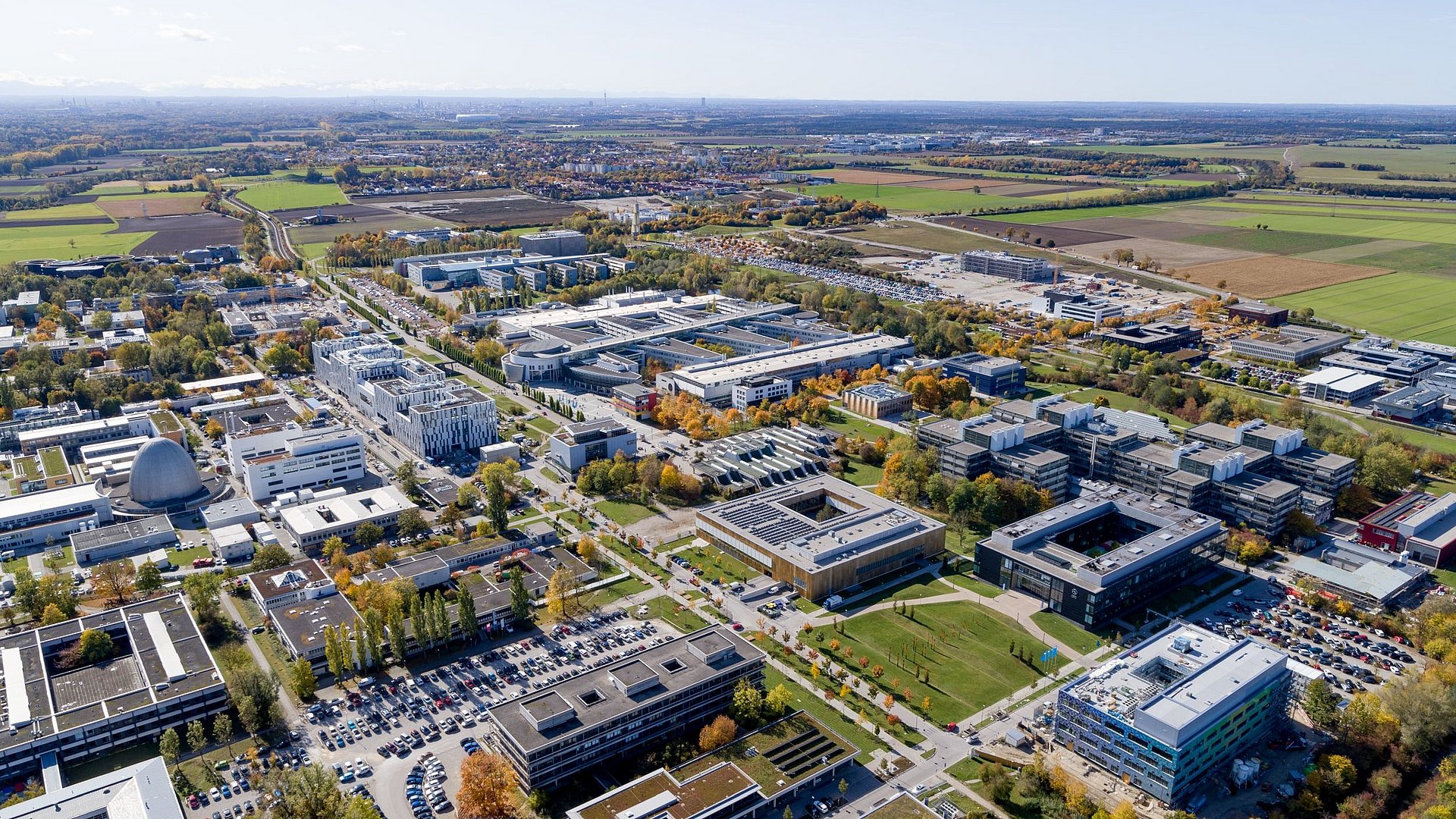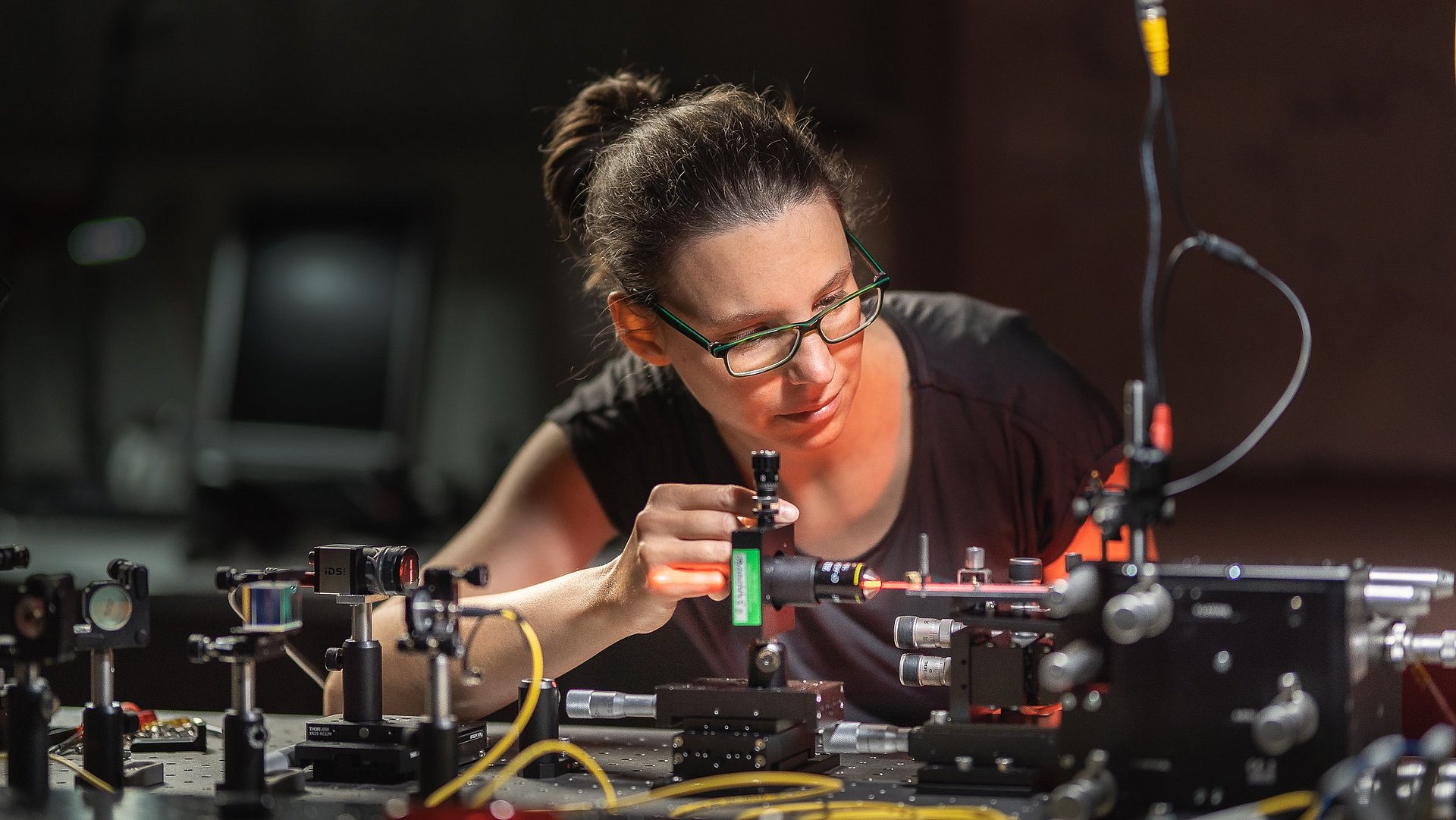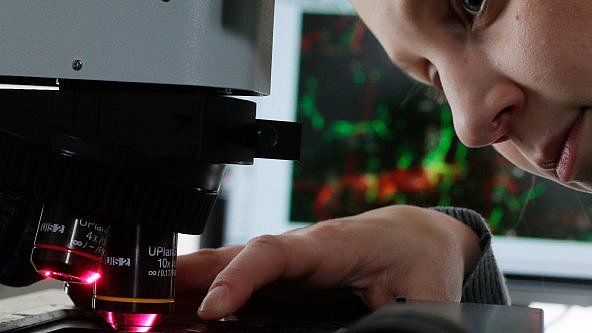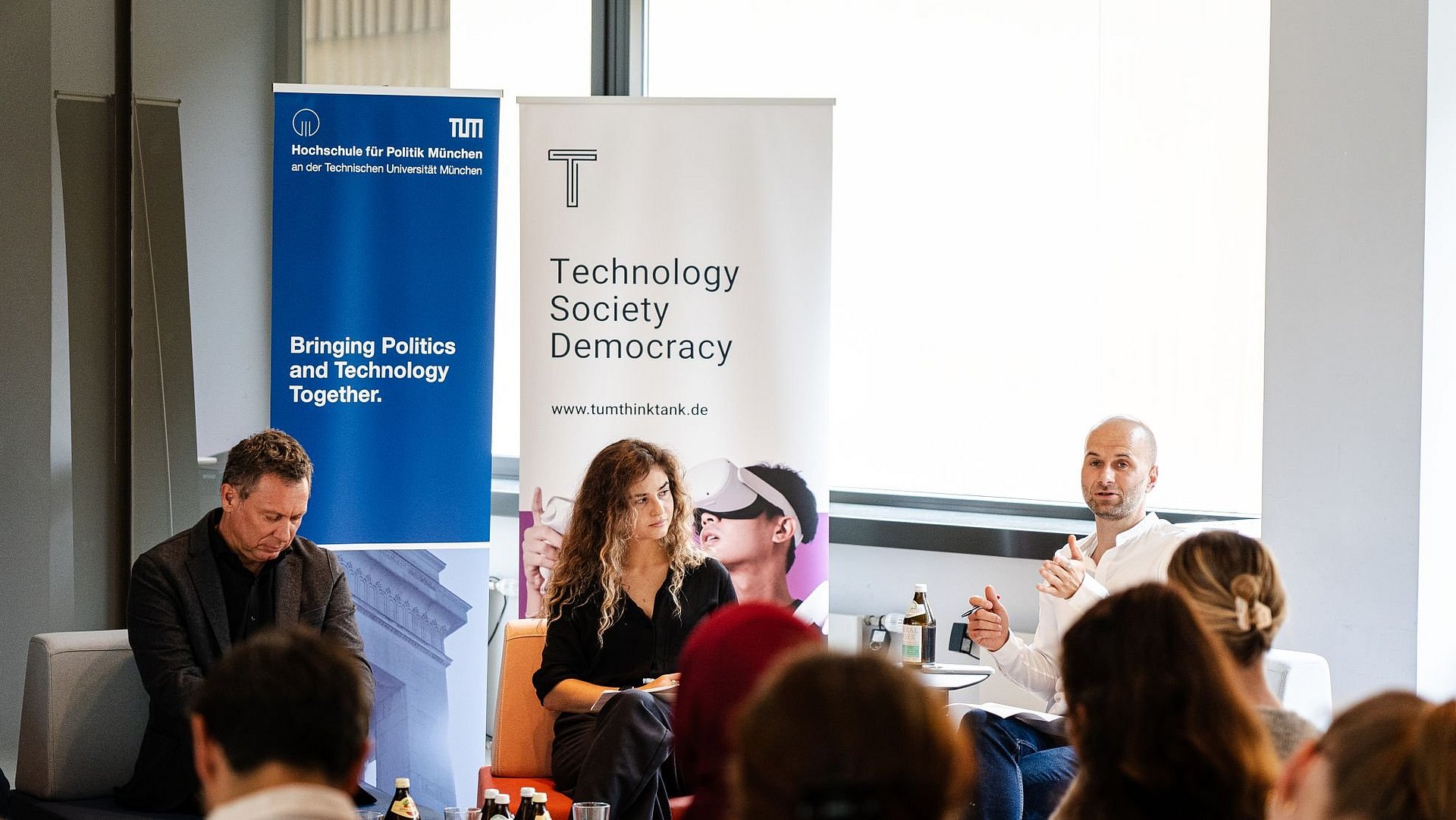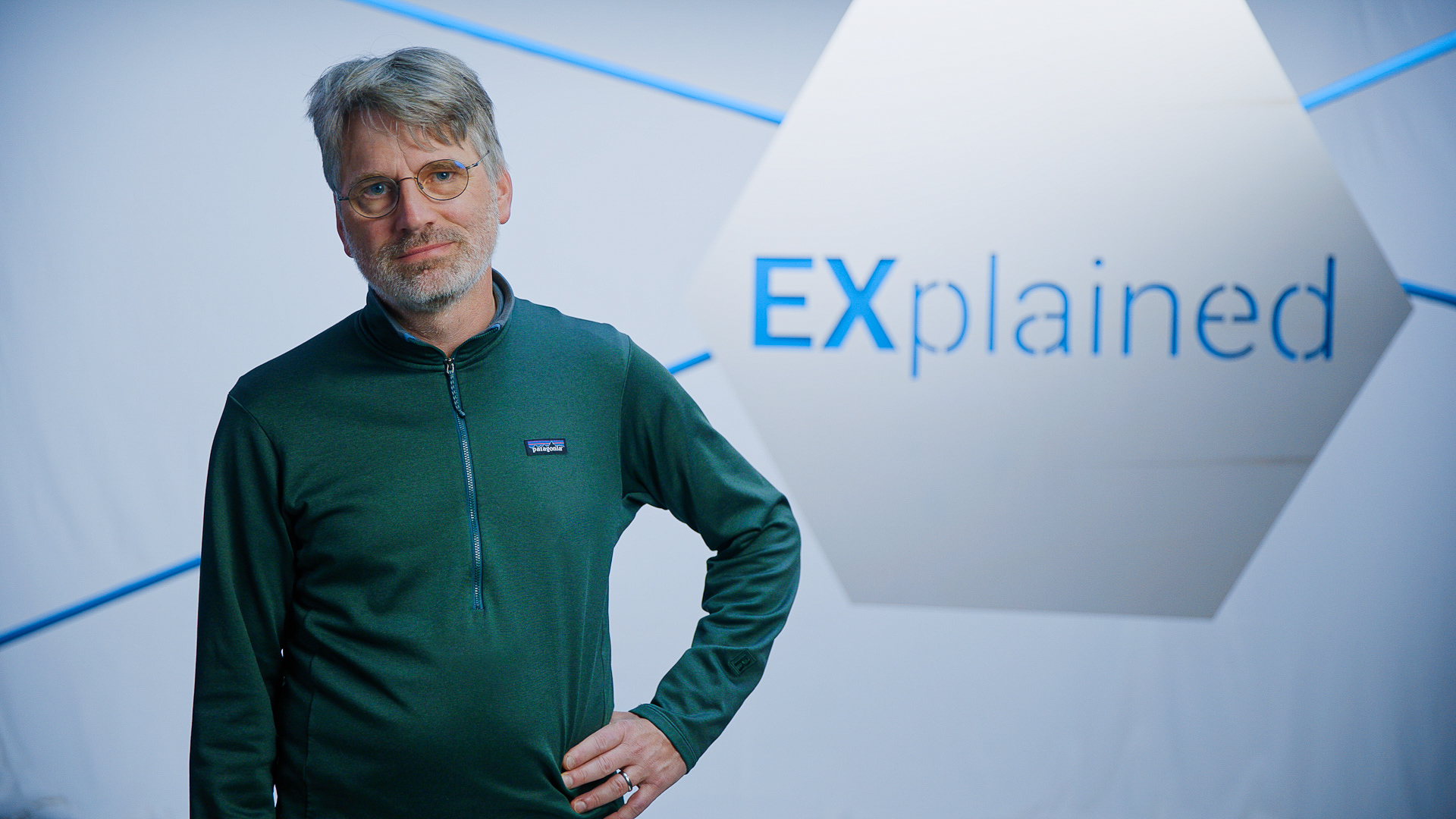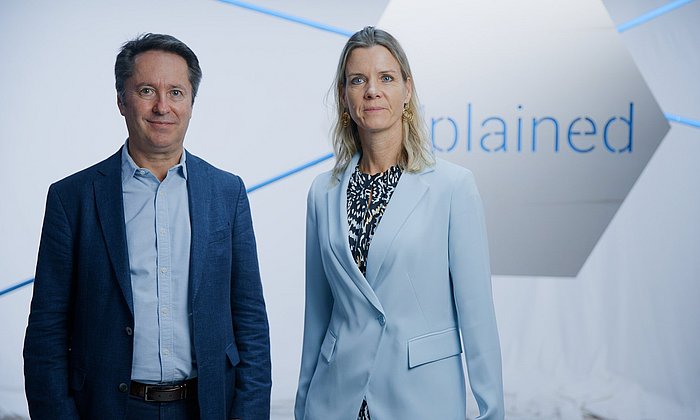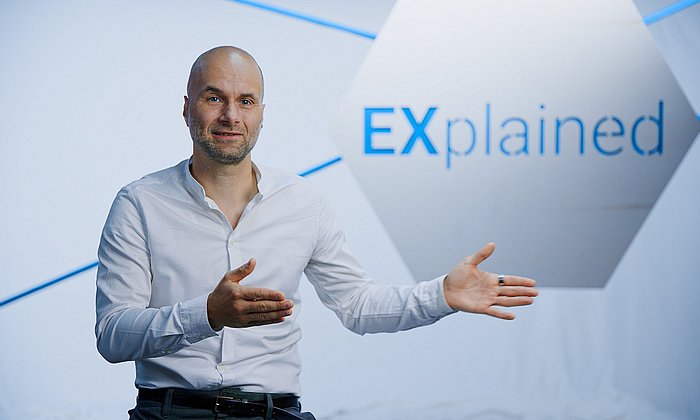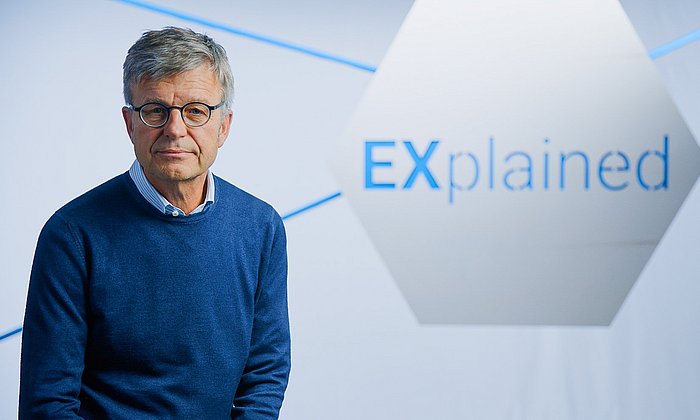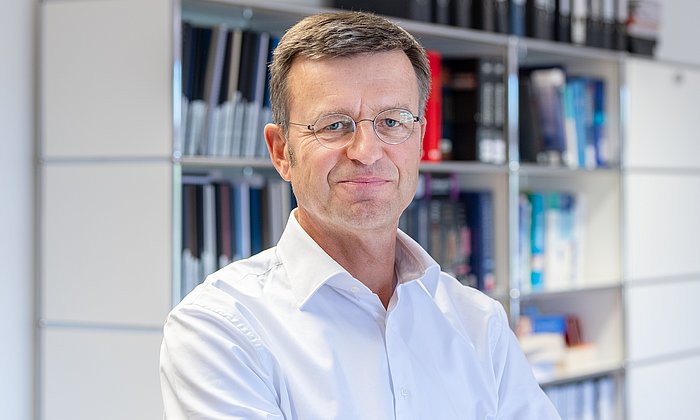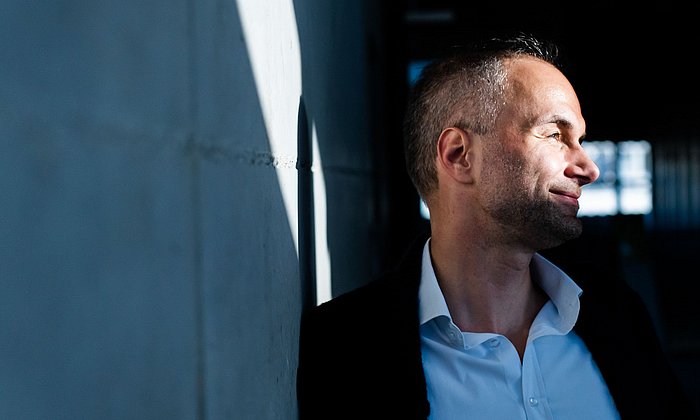Clusters of Excellence
Our academics combine their leading expertise in high-performance research alliances.
Since 2006, TUM has enjoyed success in every funding round for the Excellence Strategy of the federal and state governments, establishing research centers of international renown in Germany as an academic and science hub. Funding centers on seven Clusters of Excellence in the future which effectively combine the outstanding expertise of our university with that of further scientific institutions.
Natural sciences, medicine and social sciences at the top
TUM to receive funding for seven Clusters of Excellence
TUM has once again made a successful start to the highly competitive Excellence Strategy of the German federal and state governments: In the future, seven Clusters of Excellence at TUM and its cooperation partners will be funded, as announced by the German Research Foundation (DFG). Four existing clusters were able to prove themselves in the international review process and will be funded for a further seven years. In addition, there are three new Clusters of Excellence.
Biosystems Design Munich (BioSysteM)
The cluster “BioSysteM“ aims to create self-organizing molecular and cellular systems with programmable, life-like properties. The researchers develop biomolecular machines, intelligent materials and pattern-based therapeutics. As a basis for new medical applications, they are also researching the control of cell differentiation and organ formation.
Participating institutions: TUM, Ludwig-Maximilians-Universität München (LMU), Max Planck Institute of Biochemistry and Helmholtz Munich
e-conversion: Fundamentals of energy conversion processes
The cluster „e-conversion“ is exploring the underlying processes in the conversion of renewable energies, e.g. in photovoltaics, photocatalysis and batteries. Researchers are working to reduce energy losses occurring at the interfaces between different materials as a result of physical effects. These are crucial for the efficiency of energy conversion.
Participating institutions: TUM, Ludwig-Maximilians-Universität München (LMU), Max Planck Institute (MPI) for Solid State Research, MPI for Chemical Energy Conversion, MPI für Kohlenforschung, Fritz Haber Institute of the Max Planck Society
Energy research at TUM
Our university brings together researchers from different disciplines in the field of energy research. They develop sustainable, cost-effective and practicable solutions for the future energy supply.
MCQST – Munich Center for Quantum Science and Technology
MCQST is examining the scientific basis for complex quantum systems and establishing the technological foundation of quantum technology, a key next-generation technology for the 21st century. The researchers address significant fields of application ranging from quantum computers, powerful quantum information systems and quantum sensors to novel quantum materials.
Participating institutions: TUM, Ludwig-Maximilians-Universität München (LMU), MPI of Quantum Optics, Walther-Meißner-Institute of the Bavarian Academy of Sciences and Humanities, Deutsches Museum Munich
Quantum at TUM
Quantum technologies will profoundly change our everyday lives in the coming decades. Our university is conducting cutting-edge research in this field and developing the underlying basic technologies. At the same time, we train highly qualified young scientists who will be able to accompany the change in the future.
Cluster for Nucleic Acid Research and Technologies (NUCLEATE)
The NUCLEATE research cluster investigates the fundamental biological functions of RNA and DNA molecules. The focus is on interdisciplinary approaches to better understand the roles of nucleic acids in organisms and how their activity can be specifically regulated. As a key technology for future medicine, the targeted modulation of nucleic acids will open up completely new possibilities for diagnosis and treatment.
Participating institutions: TUM, Ludwig-Maximilians-Universität München, Julius-Maximilians-Universität Würzburg, Max Planck Institute of Biochemistry, Helmholtz Munich, and the Helmholtz Institute for RNA-based Infection Research
ORIGINS: From the origin of the universe to the first building blocks of life
The cluster „ORIGINS“ is conducting research into the evolution of the universe from the Big Bang to the origin of life. Researchers from the fields of astrophysics, biophysics and particle physics collaborate, for example, in the search for the connection between the formation of planets and the origin of the first prebiotic molecules. Among other things, they are trying to show that life is a natural process that forms part of the evolution of the universe.
Participating institutions: TUM, Ludwig-Maximilians-Universität München (LMU), ESO – European Southern Observatory, Leibniz Supercomputing Centre of the Bavarian Academy of Sciences and Humanities, MPI for Astrophysics, MPI for Extraterrestrial Physics, MPI for Physics, MPI of Biochemistry, MPI for Plasma Physics, Deutsches Museum Munich
SyNergy - Munich Cluster for Systems Neurology
The cluster „SyNergy“ is studying how complex neurological diseases such as multiple sclerosis or Alzheimer’s originate. Using systems neurology as a new interdisciplinary approach, the researchers are able to map the many processes involved in neurodegenerative, neuroimmunological and neurovascular diseases. The cluster has been receiving funding since 2012.
Participating institutions: TUM, TUM University Hospital Rechts der Isar, Ludwig-Maximilians-Universität München (LMU), LMU Hospital, MPI of Neurobiology, German Centre for Neurodegenerative Diseases (DZNE), Helmholtz Munich, MPI of Biochemistry, MPI of Psychiatry
TransforM: Munich Center for Transformative Technologies and Societal Change
The social science cluster seeks to better understand emerging technologies and their transformative power, and to help shape them in relation to changing societies. It investigates why, when, and how technologies become socially transformative, while critically assessing and informing their transformation pathways. Theories and methods related to participation, legitimacy, responsibility, security, and resilience are to be rethought.
Participating institutions: TUM (applicant), Ludwig-Maximilians-Universität München (LMU), Leibniz Institute for Economic Research (ifo Institute), Max-Planck-Institute for Innovation and Competition, Munich School of Politics and Public Policy (HfP), Leibniz Centre for European Economic Research
TUM as a University of Excellence
We are the only Technical University that has been consistently recognized as a University of Excellence since 2006. With this funding, we are implementing the TUM Agenda 2030 concept for the future from the Excellence Strategy, thereby accomplishing the most in-depth and far reaching modernization in the history of our university.
What is the Excellence Strategy?
With their Excellence Strategy, the federal and state governments have been supporting outstanding scientific achievements, research alliances and enhancing the profile of German universities since 2019. The funding program replaces and refines the Excellence Initiative established in 2006. It consists of two funding lines, the Clusters of Excellence in which universities and research institutes conduct joint research, and the Universities of Excellence whose preeminent position in research is to be extended.
The Excellence Strategy is conducted by the German Research Foundation (DFG) and the German Council of Science and Humanities (WR). Together they manage the selection and regular evaluation of the universities as well as research projects subsidized with this money.
Portraits of the Clusters of Excellence
Public Outreach
The podcast on dementia research: understandably explained
From Alzheimer's Disease to stroke: In this German-language podcast series, the Munich researchers of the Cluster of Excellence "SyNergy" (Munich Cluster for Systems Neurology) present the latest research findings and explain understandably how neurological disorders, in which nerve cells die off on a large scale, arise.
Podcast series of DFG on the research of the Clusters of Excellence (in German)
